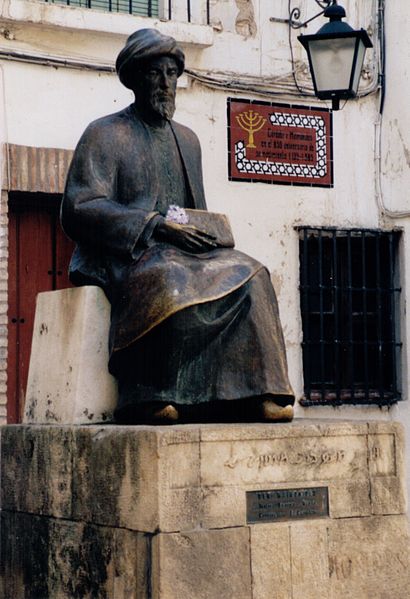I didn’t know Rabbi Moshe Twersky, one of the men killed by Muslim militants in Jerusalem yesterday. But I studied medieval Jewish history and philosophy with his late father Isadore, who taught for many years at Harvard. I mourn the family’s loss.
Besides wearing the mantle of the Tolner Hasidic dynasty, Isadore Twersky inherited the chair of Harry Wolfson, the first professor of Judaics at Harvard, who dedicated his scholarly life to showing how medieval Jewish, Christian, and Muslim scholars worked out their common inheritance of Greek philosophy. Wolfson was not a religious man, but Twersky embraced his vision of the three Abrahamic religions embarked on a joint intellectual project. As a boy, he learned Latin and Greek at the Boston Latin School, and I remember him talking about his ongoing struggle to learn Arabic.
Of course, the Middle Ages was no picnic of interfaith amity. The First Crusade wreaked havoc on Jewish communities in the Rhineland as well as on Muslim communities in the Holy Land. Maimonides and his family suffered persecution under the Almohads of Spain.
And yet, scholars from all three faiths managed to get hold of each others’ works and learn from them. Maimonides, the 12th-century giant to whom Isadore Twersky devoted much scholarly attention, was steeped in Arabic philosophy, and, as has recently been shown, even took important lessons from Almohad jurisprudence. Aquinas devoted himself to the study of Maimonides (whom he called “the Rabbi”) and the great Arabic philosopher Averroes (whom he called “the Commentator”).
As politicians and communal leaders lament, and exploit, the latest religious slaughter in the Middle East, the medieval model of philosophical interchange teaches a lesson, and not just by way of platitudes about interfaith understanding. It teaches that even in hard times, intellectual collaboration must take place — maybe, especially in hard times.






